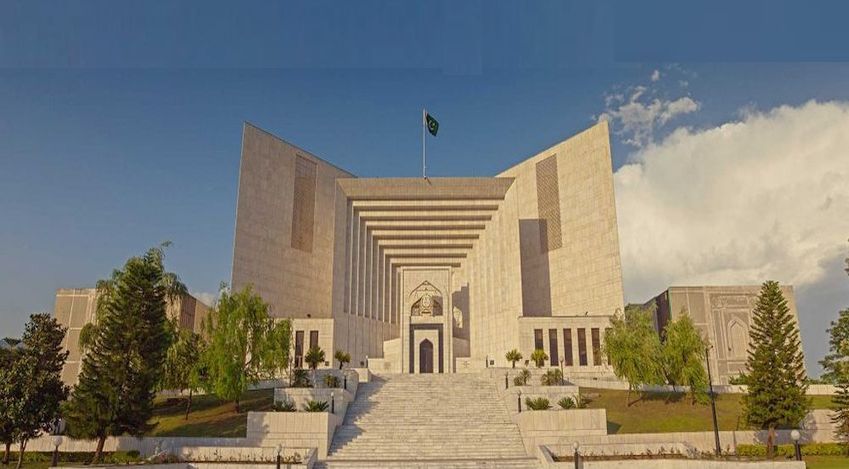The Denial of Paternity constitutes Qazf but Hadd Punishment cannot be enforced if the Complainant Withdraws --- Supreme Court of Pakistan
Islamabad 28-02-2025: In a significant ruling, the Supreme Court of Pakistan (Shariat Review Jurisdiction) has upheld the acquittal of a man accused of Qazf (false accusation of adultery) against his former wife. The Court ruled that while denial of paternity constitutes Qazf, the accused could not be punished under Hadd (fixed Islamic punishment) because the complainant withdrew her demand for punishment.
The case originated from [FIR No. 177/2000], filed at Police Station Golra, Islamabad, by complainant on behalf of his sister. She was married to respondent No. 2 and had three daughters. Upon the birth of their third daughter on October 28, 1999, the husband, expecting a male child, denied paternity in a divorce deed dated June 6, 2000.
The Federal Shariat Court (FSC) initially convicted the accused for Qazf under Ta’zir (discretionary punishment) but refused to impose Hadd punishment, citing lack of witness verification (Tazkiyat-al-Shuhud). However, upon appeal, the Shariat Appellate Bench of the Supreme Court of Pakistan acquitted the accused, leading to a Shariat Review Petition by the complainant.
The Supreme Court of Pakistan ruled that denial of paternity amounts to Qazf (false accusation of adultery) when made outside the procedure of Li’an (mutual imprecation). The accused publicly denied paternity in Court and in his divorce deed, which, under Islamic law, is considered a direct allegation of Zina against the mother.
The Court ruled that Qazf committed in open Court does not require Tazkiyat-al-Shuhud (verification of witnesses). The accused reaffirmed his statement under Section 342 of the Cr.P.C., making witness verification unnecessary. Section 6(1)(b) of Qazf Ordinance, 1979. Al-Mabsut (Hanafi Jurisprudence, Vol. 7, p. 49).
The Supreme Court of Pakistan reaffirmed that a child born within two years of a valid marriage’s dissolution is conclusively legitimate under Islamic law and Pakistani law. This ruling ensures the child’s full legal rights despite the father’s denial. Article 128 of the Qanun-e-Shahadat Order, 1984. (PLD 2015 SC 327) (Ghazala Tehsin Zohra Vs. Mehr Ghulam Dastagir Khan).
The Court ruled that Islamic law does not allow Hadd punishment if the complainant withdraws the accusation. Even silence by the complainant creates Shubhah (doubt), preventing enforcement of Hadd. Islamic Criminal Jurisprudence, Bada’i al-Sana’i.
The Supreme Court of Pakistan concluded that Qazf was committed but upheld the acquittal due to the complainant’s withdrawal. The legitimacy of the child was affirmed, ensuring her full rights under Islamic and Pakistani law.
Implications of the Ruling:
- Strengthens legal protections for children born after divorce.
- Clarifies that Qazf committed in open Court does not require witness verification.
Affirms that Hadd punishment cannot be imposed if the complainant withdraws their case.
Powered by Froala Editor








